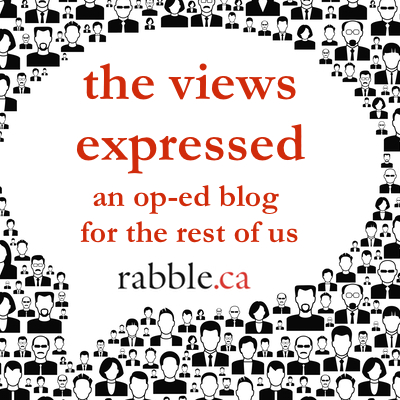Toronto’s municipal elections have been dominated by the hot-button topics — taxes, transit, economy –but there are larger issues that greatly impact many Torontonians that have yet to be addressed.
What is the difference between LRT’s and subways when you can’t afford to take public transportation in the first place?
What does gridlock matter when you’re relying on food banks for nourishment, and are completely alienated from society at large?
What do the pros and cons of Tax Increment Financing matter to a young black man growing up on welfare in a priority neighbourhood, facing racialization and stigmatization, and who has basically been told that he is an inferior citizen?
In a city where a small number of people hold the majority of power, these hot-button issues can become a distraction from the realities that many citizens face, and which are infrequently addressed by the mayoral candidates.
As reported in the Toronto Community Foundation’s Vital Signs report, there is a deepening polarization of wealth and poverty in this city, with more and more people living in substandard accommodations and in low income communities.
We all know that there are far too many Torontonians allocating the vast majority of their income to rent, and too many people in our city who are barely holding on. This adversity can be compounded by the effects of racialization, stigmatizations associated with LGBTQ identities, mental health issues, amongst other barriers to participating in society.
These problems are historical, the suffering entrenched and often the people impacted do not have the agency to bring these issues into civic discourse.
As an arts initiative that funds and supports young artists on the margins who face multitudes of adversity, we realized that it would be left up to us to bring these issues to the campaign trail.
As part of a project called Margin of Eras, our team of artists have embarked on a political infiltration project — photo-bombing media scrums, impersonating the press, releasing mock platform literature and campaign videos, putting up lawn signs — all to parody the empty rhetoric and highlight the futility of politics to effect real change for people who are on the losing-end of the system.
We felt that it was our responsibility to address the larger picture, the larger systemic malfunction that nobody is talking about in this election.
As the political theatre moves quickly into its final act, we call on Mr. Tory, Mr. Ford and Ms. Chow to hit the pause button on the transit talk, and address this larger issue: what role does politics play in changing conditions for people who are historically marginalized and disenfranchised from the system at large?
Whether it’s subways or LRT’s, what can you tell those of us on the margins who believe that government cannot do anything to improve our realities?
We don’t want to hear about programs and investments, we don’t want numbers and stats — we want you to directly address the root of this problem. Society is a mess, centralized power and greed keep growing as we get pushed further and further to the outside.
So what, if anything, can political leadership do about this?
As artists, it’s our role to ask questions, shine light on new perspectives, and create discourse — we do not necessarily have the answers. But, as mayoral candidates and city leaders, we expect that you should.
How can you expect an increase in voter turnout when so many of us are completely ignored in the first place? Or is that, perhaps, precisely the point?
Jason Samilski is the Creative Director of CUE, a grassroots arts initiative dedicated to providing high-access arts funding and mentorship for young artists who live and work on the margins in Toronto. For more information please visit www.cueartprojects.ca



